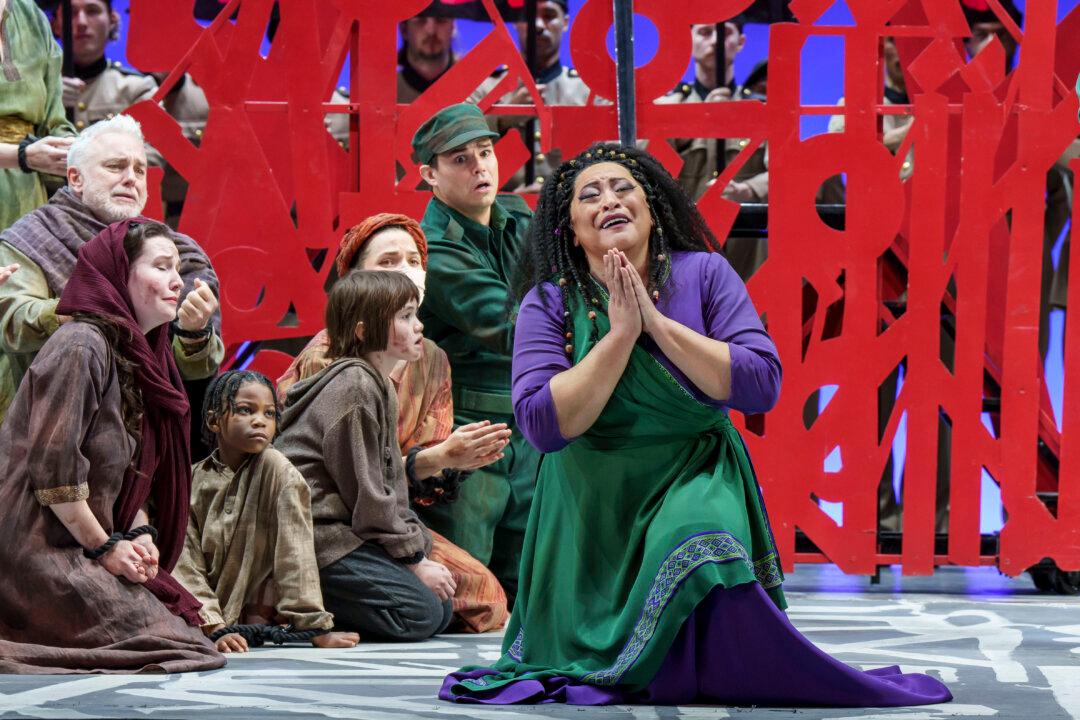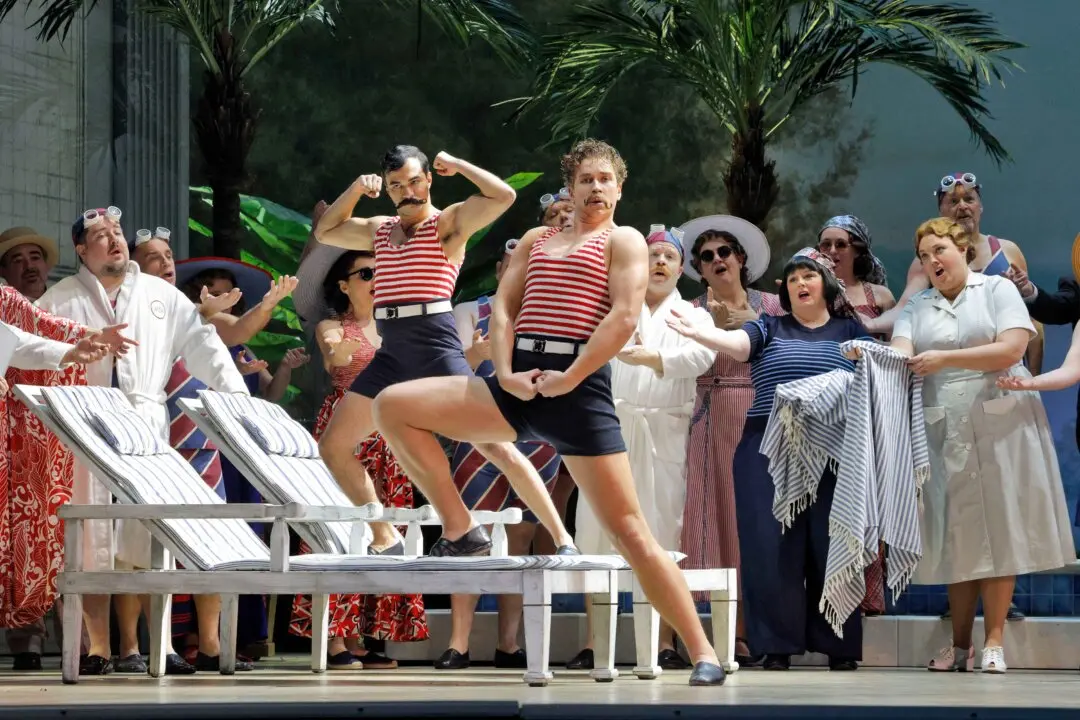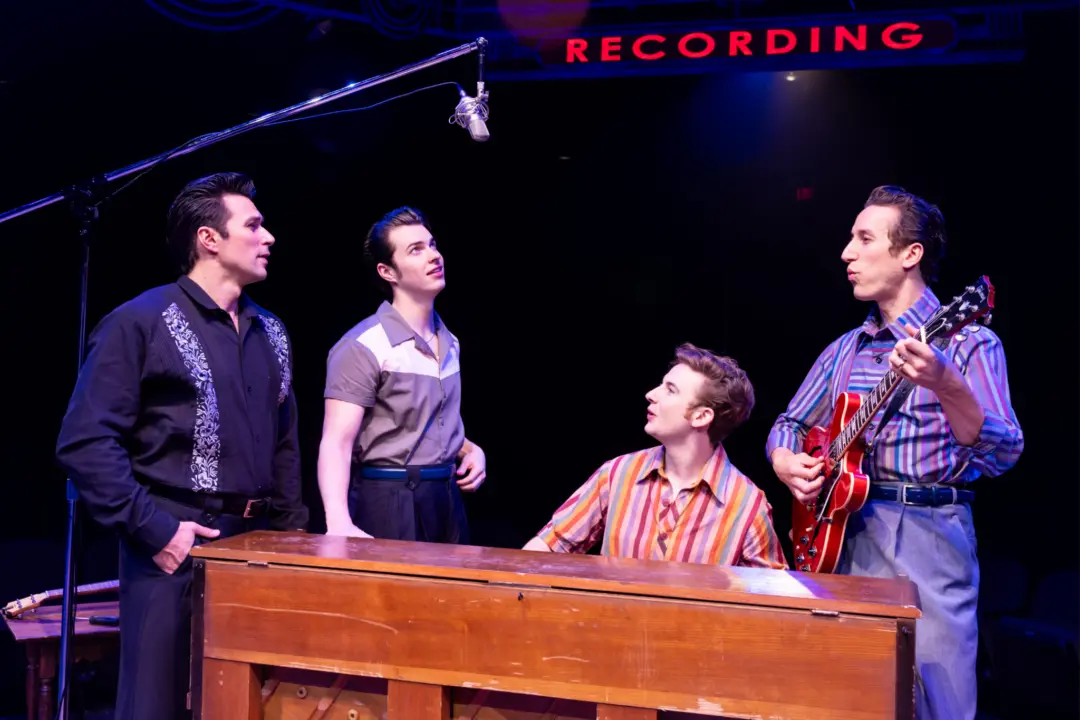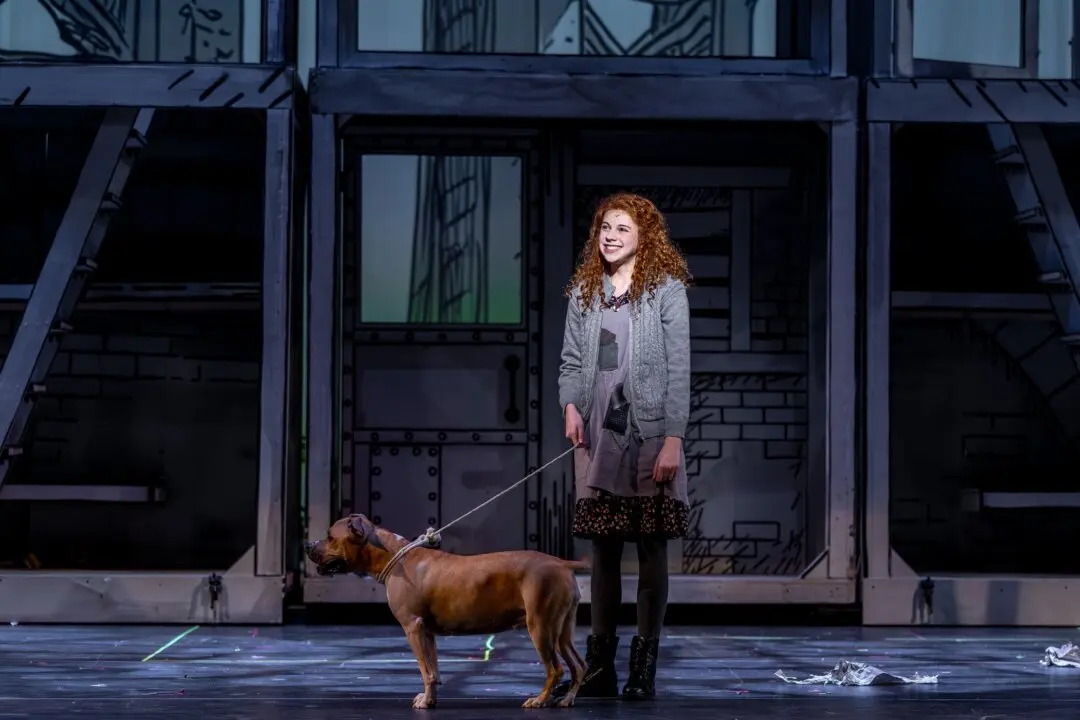CHICAGO—When the Suez Canal opened in 1869, it shortened the route between Europe and India, changing the world overnight. Consequently, the Egyptian capital of Cairo became very important. Italian opera composer Giuseppe Verdi (1813–1901) was asked to write an opera for the inauguration of the brand new theater in Cairo, but he didn’t want to travel to Cairo (Verdi often conducted the opening performance of his operas) and wasn’t interested in composing an opera about Egypt.
Thankfully, his friend Camille du Locle, a Parisian theater manager who had been to Cairo the previous year, aroused Verdi’s interest in composing an opera about Egypt. That opera, “Aida,” one of Verdi’s most spectacular works, premiered in Cairo in 1871.





